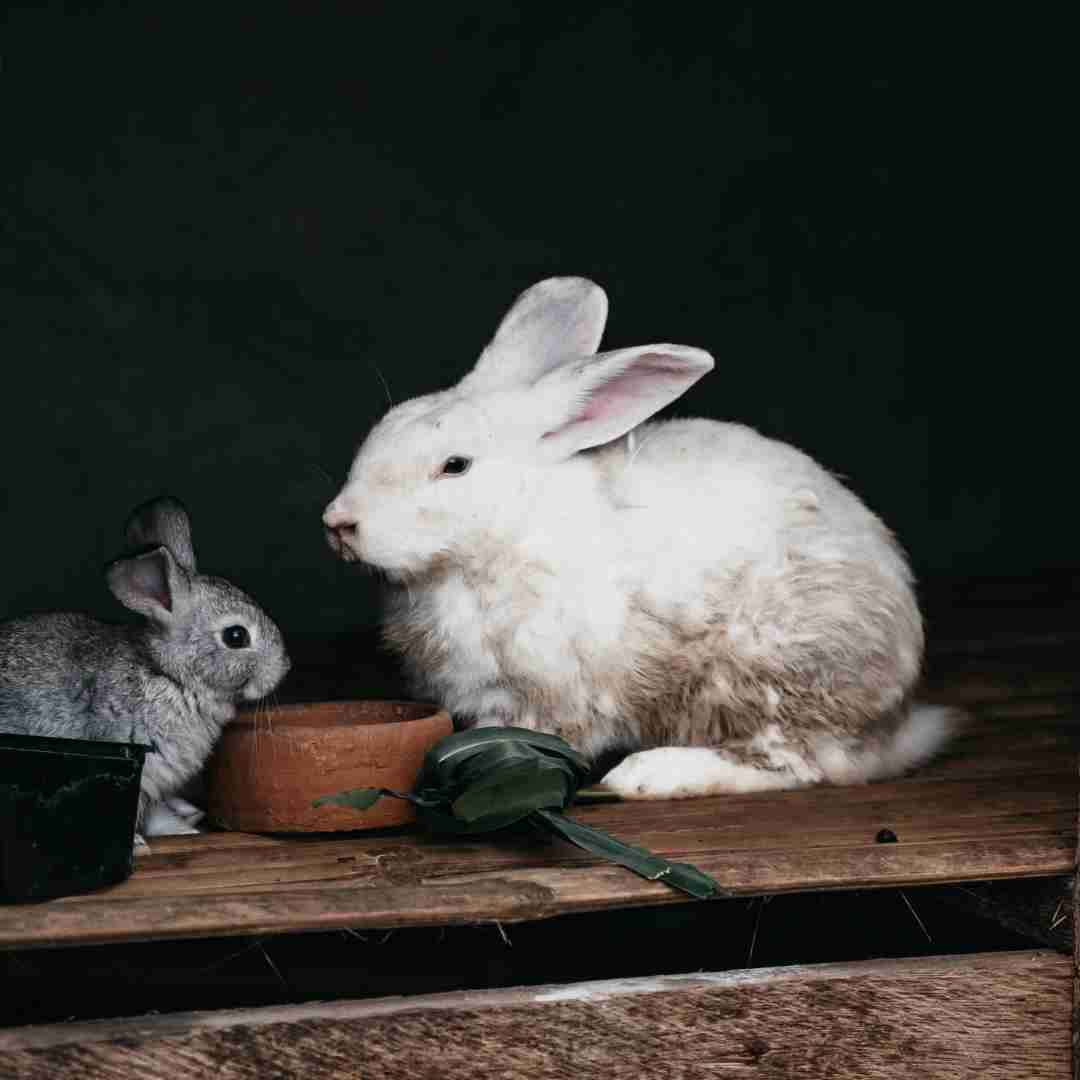Contents Table
Introduction
What Are Rabbit Anger Signs?
Relaxing an Anger Rabbit
What Makes Rabbits Mad?
How to Avoid Rabbit Anger
Safe and Humane Way to Handle an Angry Rabbit
Q&A
Conclusion
Introduction
Though mild and shy, rabbits can grow aggressive like other animals. Rabbits exhibit their fury differently than other animals. You may better care for your rabbit by understanding its rage cues.
What Are Rabbit Anger Signs?
Rabbits show anger through body language. Signs of rabbit anger include:
1. Flattened ears: Anger flattens rabbit ears against its head.
2. Grunting: Anger makes rabbits grunt.
3. Biting: Anger and fear can make rabbits bite.
4. Thumping: Anger-driven rabbits may thump their hind legs.
5. Growling: Anger can cause rabbits to growl.
6. Lunging: Anger-driven rabbits may lunge at people or objects.
7. Twitching tails: Anger can cause rabbit tail twitching.
Recognising these bunny rage indicators helps you calm them and avert aggressiveness.
Relaxing an Anger Rabbit
Rabbits are cautious but can become violent when afraid or threatened. Your rabbit may be aggressive, so calm them down. Here are some furious bunny calming tips:
1. Remove hazards. If your rabbit feels threatened by another animal or person, remove them. This will reassure your bunny and reduce aggression.
2. Make it safe. Make sure your rabbit has a place to hide from danger. A small hutch or quiet area could work.
3. Speak gently. Chat with your rabbit in a soothing tone. This will reassure and relax them.
4. Give treats. Treating your rabbit can calm them and divert them from their aggression.
5. Spend time together. Visit your bunny daily, even for a few minutes. They will feel more comfortable with you and be less aggressive.
Following these tips can soothe an agitated rabbit and make them feel safer.
What Makes Rabbits Mad?
Rabbits are calm, yet they can get aggressive when threatened or uncomfortable. Rabbits get angry when surprised, imprisoned, or handled forcefully.
Scaring a rabbit can make it angry. Loud noises, rapid movements, and unknown persons can shock rabbits and make them defensive. Step gently and speak softly while approaching a rabbit to avoid frightening it.
Confined rabbits become irritated too. A rabbit in a small cage may get anxious and hostile. Give rabbits lots of room to roam and explore to avoid this.
Rabbits can get irritated from rough handling. Carefully handle rabbits. A rabbit may get afraid and hostile if picked up too soon or roughly.
Finally, rabbits can get hostile when frightened, imprisoned, or handled roughly. To avoid this, approach a rabbit cautiously, speak softly, give it room, and treat it gently.
How to Avoid Rabbit Anger
Rabbits are kind, but mistreatment can make them angry. Understand your rabbit's needs and how to avoid angering them to keep them happy.
1. Make it safe and comfortable. Safe and cosy homes are essential for rabbits. Keep their cage clean and large enough to move around. Give them lots of things to play with.
2. Time with your bunny. Keep rabbits happy with attention and engagement. Play and adore your bunny daily.
3. Respect their space. Rabbits should be left alone to sleep and feed. Avoid picking up or handling them when they're upset.
4. Restrain loudness. Loud noises frighten and anger rabbits. Avoid abrupt loud noises and keep your home quiet.
5. Feed well. Healthy eating is vital for rabbits. Balance their diet with hay, fresh veggies, and pellets.
Follow these techniques to keep your rabbit happy. Your rabbit will be a devoted and loving friend for years with proper care.
Safe and Humane Way to Handle an Angry Rabbit
Keep calm and treat an angry bunny humanely. Advice to help you do that:
1. Find out why the bunny is mad. Rabbits can get angry when threatened, frightened, or hurt. Finding out why the rabbit is angry can help you tackle the situation.
2. Give the rabbit room. Give the rabbit space if it feels threatened. Get away from the rabbit to soothe it.
3. Speak gently. Speak softly to calm a terrified rabbit.
4. Give treats. Treats can distract and comfort a rabbit in suffering.
5. Treat the bunny tenderly. Handle an angry bunny gently. Petting the rabbit should be slow and gentle.
You can manage an angry bunny safely and humanely with these recommendations. Keep calm and manage the situation carefully.
Q&A
1. Can rabbits become mad?
Rabbits can get mad. If threatened or mistreated, they may turn hostile.
2. What are angry rabbit signs?
A furious rabbit will grumble, pound, flatten its ears, and lunge.
3. What to do if my bunny is mad?
Stay cool and prevent rapid movements when your rabbit gets upset. Use a treat or toy to distract the rabbit and speak calmly.
4. How do I prevent rabbit anger?
Providing a safe and comfortable surroundings, handling them gently, and avoiding loud noises and unexpected movements can help your rabbit be calm.
5. Do rabbits usually become angry?
Rabbit anger is typical. Understanding their body language and providing a safe and comfortable setting are crucial.
Conclusion
In conclusion, rabbits can get angry, although seldom. Rabbits are usually calm unless threatened or hurt. If a rabbit gets furious, remove the cause and give it a safe place to calm.
